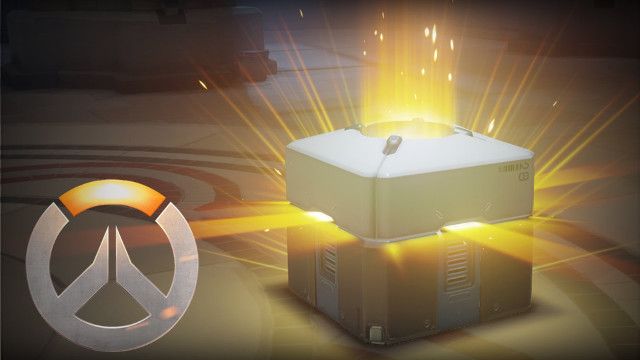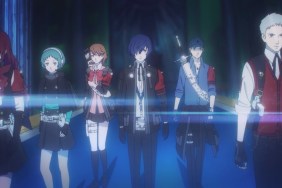Overwatch has seen heaps of praise hurled its direction, and, in many ways, deservedly so. Its shiny new Game of the Year award further denotes how beloved Blizzard's latest creation is. That being said, it's also an evil genius.
On its face, Overwatch has a very consumer friendly model. It's relatively inexpensive ($40 for the base game), and, while it does have microtransactions, those are only for cosmetic items that don't give any in-game advantage. So, if I spend just the $40 on Overwatch, I can have the same experience as someone who spends hundreds.
When I first started playing, I immediately recognized this model from the popular free-to-play game Dota 2. Like in Dota 2, Overwatch has purely cosmetic items, and the game gives you a few of these for free every time you level up. I was surprised to see, though, that you are unable to simply purchase individual cosmetic items.
In Dota 2, let's say they release a really sweet skin for Pudge (who you can think of as Roadhog, because they're exactly the same). If I wanted that skin, I could wait to see if I get it by the RNG gods every level, or I can easily go to the Dota Store, buy the skin and go on about my business.
Related: Overwatch Christmas Event: Who Will Be Santa?
I thought "I wonder why they wouldn't let you buy skins individually in Overwatch; they could make sooo much money." Strangely, enough, I think I got it backwards. I've admitted to being a Roadhog main, so if there was a really good Roadhog skin, I would simply buy it and likely never make a single purchase again. Since I can't simply buy it, I have to rely on loot boxes.
You want a good skin? You can buy a loot box and take your chances. If you don't get it in that loot box, buy another loot box. By making it so you can only get skins via random chance, they actually create a market where people spend more money than they would by simply buying skins individually.
Of course, you can buy skins individually with virtual currency, a mark of a consumer-friendly model. This currency can't be bought with real money, but you can earn in-game currency with the loot boxes you get from leveling up or playing in the Arcade. Currency found in loot boxes is either 50, 150, 250 or 500, depending on rarity. You also get credits for duplicate skin drops.
But really, all this does is further incentivize loot box purchases. "Well, if I don't get the skin I want, at least I'll probably get some currency out of it." Let's not forget, though, that special event skins – such as Reaper's Pumpkin skin or Roadhog's Junkenstein's Monster skin, cost three times as many in-game credits as normal legendary skins (3000, as opposed to 1000). So you'd have to get six legendary credit drops in order to afford special event skin. Or … you could buy more loot boxes.
All of this is cleverly disguised as a consumer-friendly model, but the absence of an option to individually purchase desired skins can only be designed to make you pay more.











